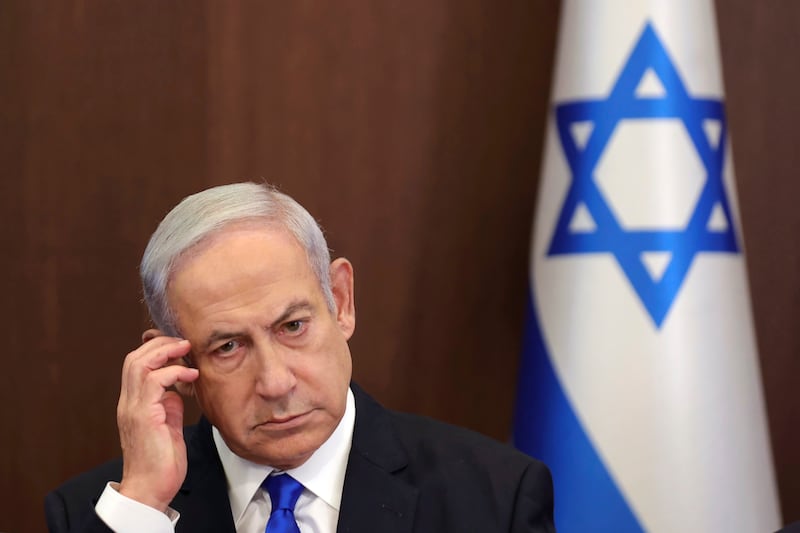Hands up who was surprised to discover the DUP crew at Westminster abstained in the vote on the Boris Johnson partygate report, which found the former PM had deliberately misled parliament over lockdown parties at Downing Street.
Are they suffering from some sort of Stockholm syndrome, or maybe they just enjoyed being walked over by a posh boy?
The Daily Mirror scoop which showed footage of another event at Tory HQ served as a useful reminder that the strict rules during the Covid pandemic only applied to us plebs, not to the ruling class.
So while the elderly and frail died alone, their grieving families only able to say goodbye via iPads and mobile phones, it was party on down for the toffs and their acolytes.
The Duppers weren’t the only ones to avoid the vote. Rishi Sunak was washing his hair or something, while only a magnificent seven Tories could be mustered to support their erstwhile leader. No wonder Johnson didn’t want a vote.
But despite the most damning indictment of a PM found to have held parliament in contempt, he is allowed to create an 'honours' list that doles out peerages to a young woman who provided maternity cover in his office, who bears a remarkable resemblance to the Johnson clan, and another gong to one of those partying at the 'jingle and mingle' gig.
If you didn’t think the whole system was totally discredited, consider this: Johnson’s hairdresser got an OBE. To be fair, she’s available to all MPs. Michael Fabricant included.
****
I don’t know if it’s wise to return to a place where you were once young and carefree, but I did.
Forty-two years after spending almost a year in the wettest part of Spain as a student, I went back for a short holiday last week.
I hardly recognised the small town where I’d been employed to teach English in a girls’ secondary school. It had grown huge in the meantime, but the memories came flooding back nonetheless.
I can still recall the look of bafflement on the face of the school’s head of English, when he realised my accent didn’t sound remotely like the BBC audio tapes he used with his students.
The girls were more interested in me translating the words of the current pop songs and were only marginally intrigued by me coming from a place which featured on the news from time to time. By the time of the 1981 hunger strike, they wanted to know more than I was able to explain.
“So why don’t all the Protestants who don’t want a united Ireland just move back to Scotland?” was one of the questions I faced.
I was there for the attempted coup in February that year, when a lunatic Guardia Civil colonel and some 200 of his men, stormed the Spanish parliament during a vote to select the new prime minister. They peppered the chamber with machine gun fire, and held the deputies hostage at gunpoint.
The streets emptied within hours, and many leftists who remembered the persecution of the post-civil war years, headed for the French border.
In our apartment in Salinas, a small seaside town in the northern province of Asturias, I watched the television with my Spanish flat-mates, desperate for news. There was a collective gasp of horror when the TV pictures showed tanks on the streets of Valencia.
The plotters had already taken over the main television station, which bizarrely was showing Tom and Jerry cartoons on a loop, until eventually, at around 1am, King Juan Carlos appeared onscreen in full military uniform, and ordered the army to crush the revolt.
The monarchy would defend democracy in Spain, he said. Within 18 hours the siege of the parliament was lifted. The coup was over and its leaders were arrested.
It had only been six years since the death of the dictator, General Franco, and the democratic structures were still fledgling. But four days after the attempted coup, a million and a half people took to the streets in Madrid to demonstrate solidarity with the new order.
All the political parties were represented, as well as business and trade union leaders, in a show of national unity.
It’s a pity there was no similar event in Washington DC after the attack on the Capitol building in 2021. Instead, the man who encouraged the rioters, who stashes national security documents in his bathroom, is the leading challenger for his party for another tilt at the presidency.







